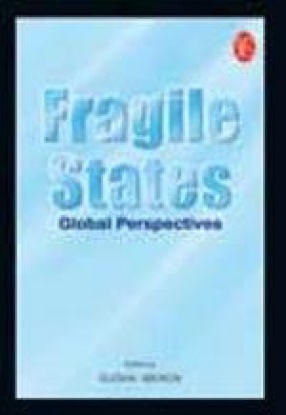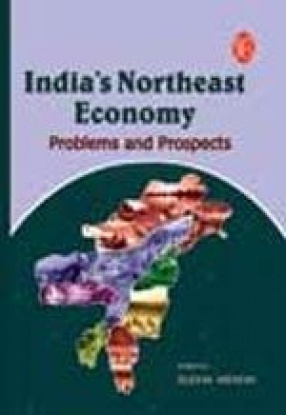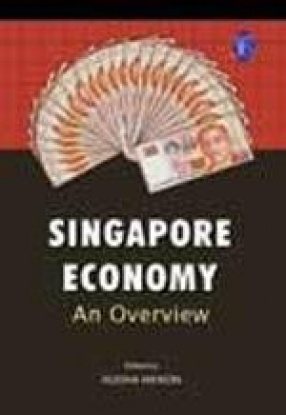‘Fragile States’ is the term used for countries facing serious development challenges such as weak institutional capacity, poor governance, political instability and frequently on-going violence or the legacy effects of past conflict. Fragile states contain 14% of the world’s population but account for nearly 30% of people living on less than $1 a day. One person in three is undernourished. This is twice as high as in other poor countries. Fragile states cannot or will not deliver what citizens need to live decent, secure lives. They cannot or will not tackle poverty. As such, they significantly reduce the likelihood of the world meeting the Millennium Development Goals (MDGs) by 2015. Fragile states are the hardest countries in the world to help develop. Working with them is difficult and costly and carries significant risks. Aid programmes in fragile states pose difficult policy dilemmas. Since the mid-1990s, a stronger donor emphasis on rewarding countries with relatively effective governments and stable macroeconomic policies has led to further neglect of fragile states. Even taking account of their poor performance, fragile states have received 43% less aid than what would have been appropriate, given the extent of poverty within them. Against this context, this book attempts to explain the basic concept of fragile states, diverse perspectives and approaches towards them and the main factors which cause fragility. The book is divided into two sections. The first section discusses major theoretical and conceptual issues related to fragile states. Section two presents country experiences of Liberia, Sudan, Cambodia, Haiti Somalia etc.
Fragile States: Global Perspectives
In stock
Free & Quick Delivery Worldwide
reviews
Bibliographic information
Title
Fragile States: Global Perspectives
Author
Edition
1st ed.
Publisher
ISBN
9788131415252
Length
264p.
Subjects








There are no reviews yet.